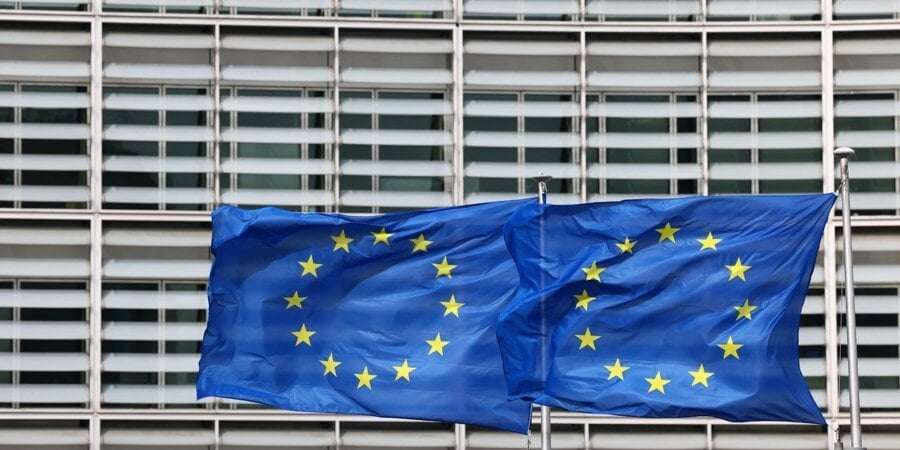The European Commission is trying to capitalize on the situation
The report notes that Brussels is still looking for ways to put the funds to use. One of the options envisages pouring the money into EU bonds at a 2.6% interest rate, and then use those interest payments to aid Ukraine’s recovery.
Read also: Ukraine had ‘frank conversation’ with NATO in Brussels, FM Kuleba says
The commission describes the solution as an “extreme” one, albeit legally permissible, considering Moscow’s “gross violations” of international law.
The memo says it’s unlikely the money could be lost entirely, although a “worst-case scenario” mentions losses of up to EUR 4 billion ($4.42 billion).
Read also: A strong Ukraine is the best solution to Europe’s Russia problem
Furthermore, Die Welt adds that EU officials say it’s very difficult to track Russian central bank reserves stashed abroad.
Earlier media reports suggested the United States, EU, and their allies could have frozen as much as $300 billion of Moscow’s foreign currency reserves.
Read also: Putin successor will withdraw troops from Ukraine, discuss reparations, says Russian journalist
The European Commission recently suggested establishing a registry of Ukrainian applications for war reparations.
We’re bringing the voice of Ukraine to the world. Support us with a one-time donation, or become a Patron!
Read the original article on The New Voice of Ukraine

kkdogs19 on April 14th, 2023 at 12:51 UTC »
Probably a good call, it'd really undermine our financial institutions otherwise.
omfalos on April 14th, 2023 at 10:08 UTC »
Banks that seize assets soon find themselves with no assets.
shadowfax12221 on April 14th, 2023 at 07:09 UTC »
The same is likely true in the US and Canada, most western legal frameworks generally make it difficult for the state to appropriate funds from private entities.